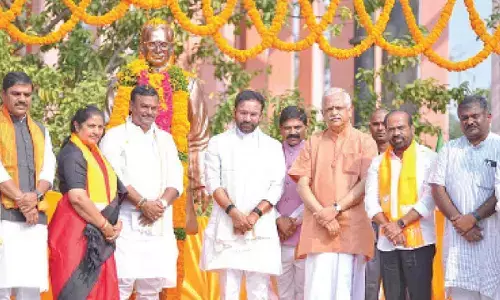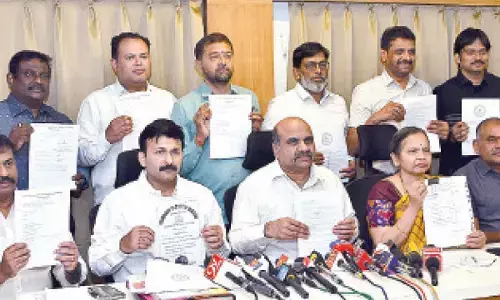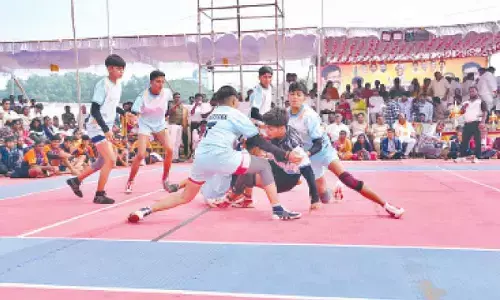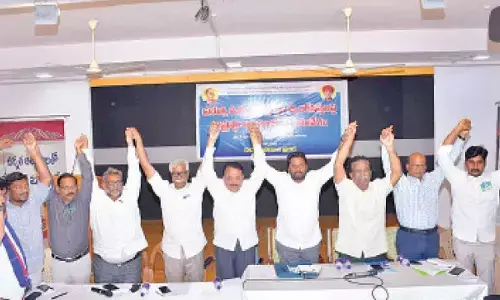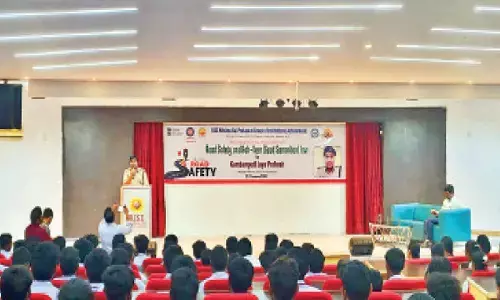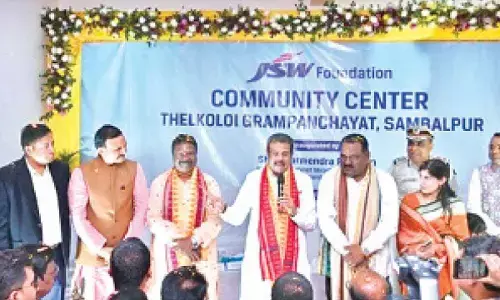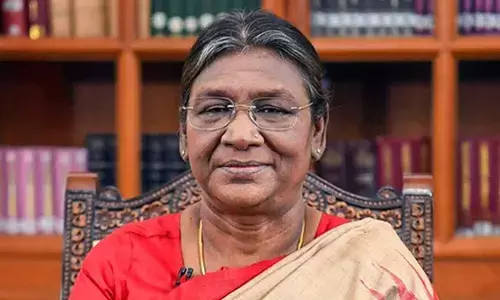New CJI sworn in amid high expectations
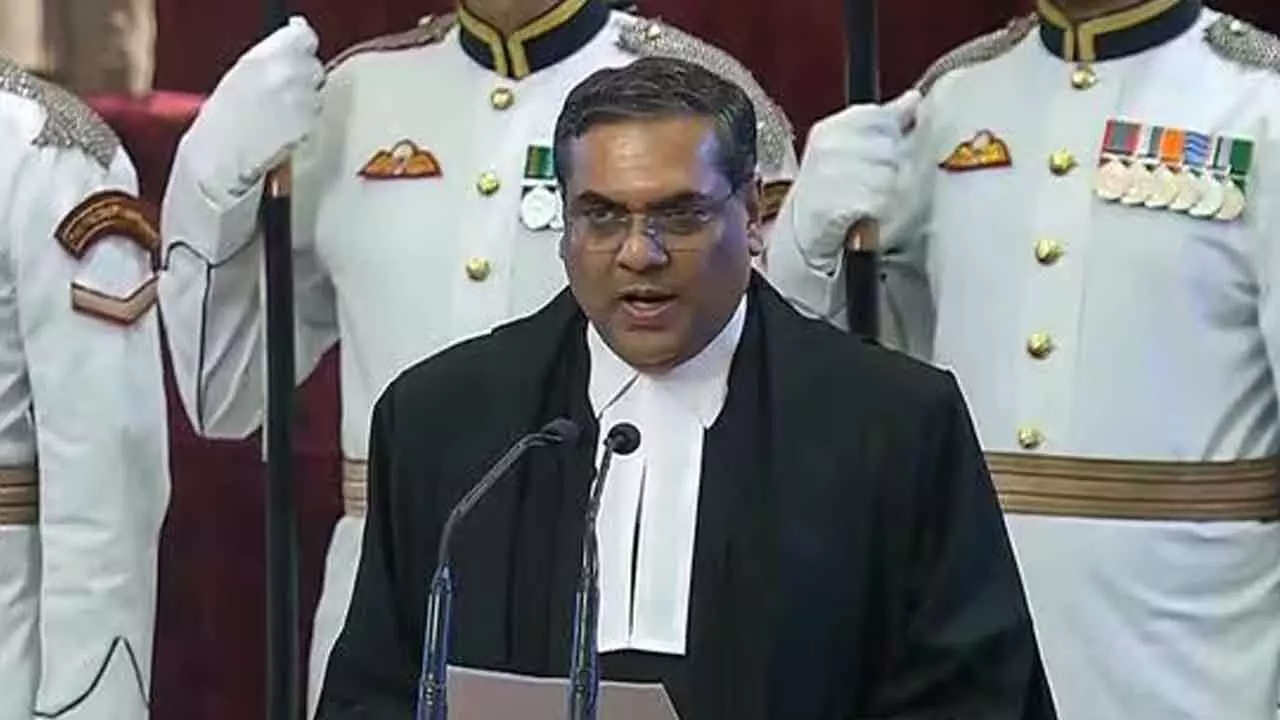
Twenty five days after India got the new Lady Justice, the country saw Justice Sanjiv Khanna (64) step in as the new Chief Justice of India (51st) on November 11, 2024.
The new Lady Justice wearing saree, keeping eyes open and holding the Constitution in place of sword represents modernity and is a part of decolonising reforms. In addition to the values of fairness, equality and impartiality espoused by the previous Lady, the new icon of justice, unveiled by the previous CJI Justice DY Chandrachud on October 17, keeps its eyes open, and swears by the supremacy of Constitution. Now, it is the hands of Justice Sanjiv Khanna to ensure the supreme court of the land delivers what it pledges to the nation.
Justice Khanna’s illustrious predecessor Justice Chandrachud bridged to a great extent a large public trust deficit in judiciary due to inactions of some of the previous CJIs. He was an intellectual giant who upheld constitutional values and promoted human rights and showed judicial compassion (invoking of Article 142 to do justice in a poor Dalit student’s IIT fee issue). Some of his notable judgements are: upholding of right to privacy as a basic right; decriminalisation of homosexuality and adultery; ban on triple talaq, Ram Janmabhoomi case; relief to Delhi government vis-a-vis powers exercised by Governor; abrogation of Article 370; annulment of electoral bonds; no legislative immunity for lawmakers facing corruption charges; sub-classification of SC/ST categories.
Compared to his predecessor, Justice Khanna is no less an intellectual. He too belongs to a judicial family. He is the son of former Delhi High Court judge, Justice Dev Raj Khanna, and a nephew of former SC Judge, Justice H R Khanna. Serving the Supreme Court since January 2019, he has been part of such landmark judgments as scrapping of electoral bonds, upholding abrogation of Article 370, upholding sanctity of EVMs, grant of interim bail to former Delhi CM Kejriwal. Justice Khanna is known in the legal circles for his commitment to speed up trials and reduce pendency.
What issues should the new Chief Justice of India be seized of? Courts these days, in the views of public, are seen to be deferring to the governments more than ever before, especially in politically sensitive cases involving opposition parties and rights activists.
To a common man, a court judgement should be based moral rightness, rationality, equity and fairness – and timely. The low judge-to-population ratio (approximately 21 judges per million people) is plaguing courts in the country. Note that despite the full sanctioned judicial strength of 34 judges, there is a backlog of over 82,000 cases at the SC itself. High Courts are saddled with over 60 lakh cases, while the delivery of justice is pending in about 4.4 crore cases in lower courts.
Hence, the supreme court of the land shall prod the government to finalise once for all the Memorandum of Procedure that deals with appointment of judges by the collegium. The collegium must assert its primacy in judicial appointments. The creation of All India Judicial Services (AIJS) is definitely worth considering by the SC and the government. A massive upgrade of facilities and digitalisation of court systems also awaits the express attention of new CJI.
The previous CJI stated that constitutional benches would be a regular feature of the apex court. This must materialise soon, as cases on the constitutional validity of amendments/laws and individual liberty must be adjudicated without any delay. In the end, it is hoped that Justice Khanna will meet the expectations of one billion plus population in the highest court of the land for a justice that is fair and swift, for thrusting accountability on governments, and, finally, for safeguarding the commoners and the hapless against the weight and might of power.



